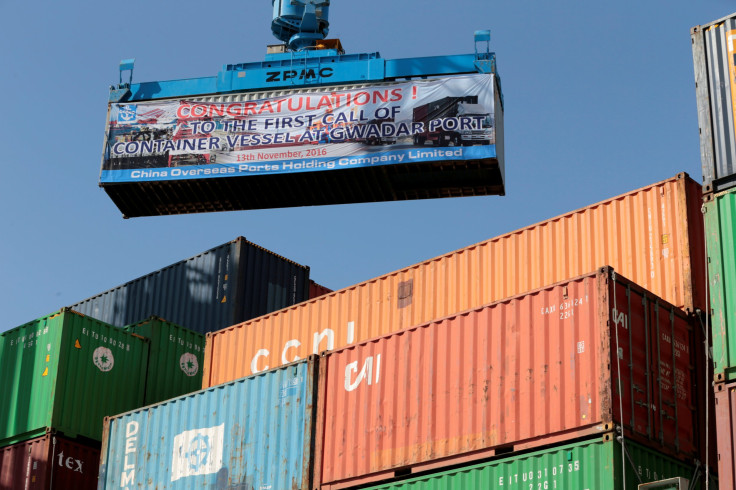US China Trade: Chinese Exports Fall For Second Straight Year Before Donald Trump Takes Office

One week away from new foe and President-elect Donald Trump’s inauguration, China’s economy has reportedly seen its exports drop for the second straight year, raising concerns over a potential trade war with the United States, Reuters reported Friday.
In 2016, China’s exports fell 7.7 percent and its imports 5.5 percent compared to the previous year. With U.S. exports largely remaining the same, China’s trade surplus with the U.S. fell last year for the first time since 2011, according to CNN Money.
With China - which has become a global economic steamroller for the better part of the last two decades - now trending downward and given Trump’s consistent bashing of its economic and foreign policies, analysts are worried a trade war is on the horizon. One of Trump’s main campaign talking points was to boost the economy by playing hardball with China and Mexico, countries and economies capable of mass producing products with much cheaper labor.
Chinese officials have pointed to what they consider “anti-globalization” efforts around the world and in the U.S. "The trend of anti-globalization is becoming increasingly evident, and China is the biggest victim of this trend," customs spokesman Huang Songping said. "We will pay close attention to foreign trade policy after Trump is inaugurated president.”
The Republican’s cabinet choices for key offices like secretary of treasury, Steve Mnuchin, and secretary of state, Rex Tillerson, could also be hints that China and the U.S. are headed for a showdown, an expert told CNN.
"It's hard to see conditions becoming much more favorable to Chinese trade than they already are," Julian Evans-Pritchard, an expert on China at Capital Economics, said. "The likelihood of a damaging trade spat between China and the U.S. has risen in recent weeks following Trump's appointment of hardliners to lead U.S. trade policy."
© Copyright IBTimes 2024. All rights reserved.





















